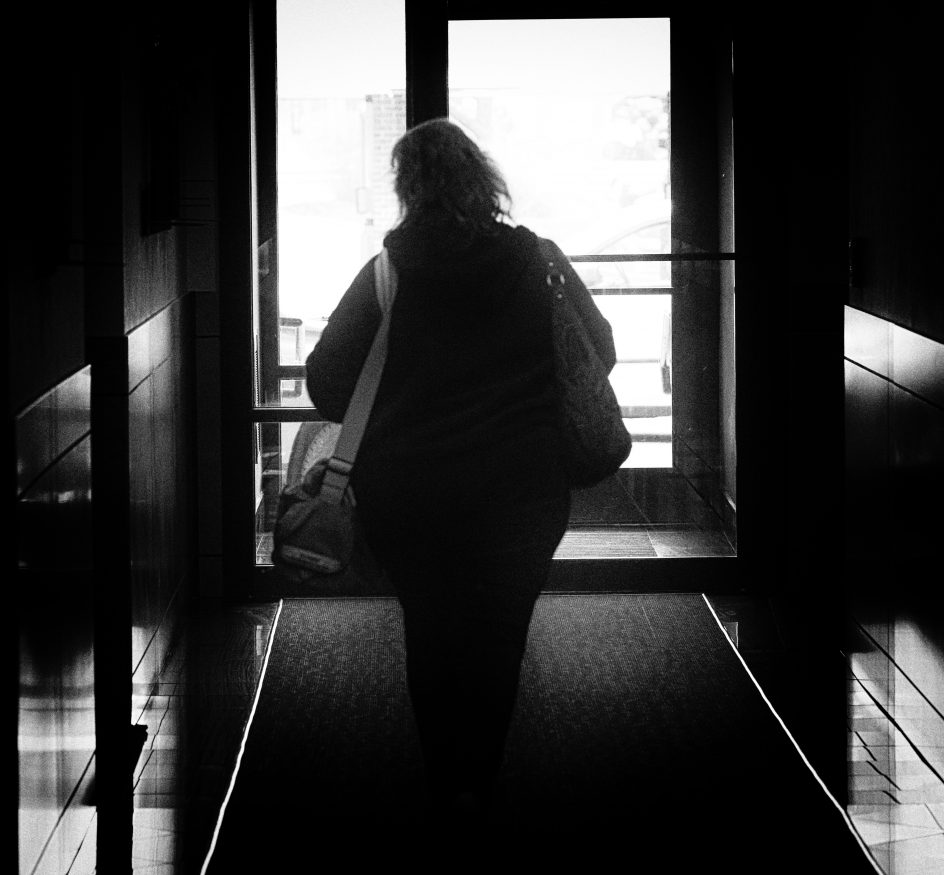
So here is where we are with our friend Camillia, the undocumented agricultural worker we have been taking to see a lawyer in recent weeks as the circle of her life narrows, and her fear of arrest and deportation has grown.
She is in a better place than many undocumented agricultural workers. No one is looking for her, she has committed no crime, the growing army of federal immigration agents is not at the moment looking for people like her. That does not mean she is not in danger, or could not be deported at any time.
It means the odds are decent that if she lives a quiet life (which she does) and commits no crimes, she may weather or somehow outlast this new and latest witch hunt in the history of America and its often scape-goated immigrants and refugees. Unless the aways changing policy changes again. It is difficult for to not feel vulnerable. This week, she must pay hundreds of dollars to fix her car so that she will not draw the attention of the police.
She has raised the money.
We have arranged for her to retain a lawyer she can call in case of any emergency. I wanted to share with you the rights she has been told she had. There are some.
The lawyer gave Camilla a card which can read if she finds herself confronted by police or by immigration agents, of if either tries to enter her home or question her:
“I do not wish to speak with you, answer your questions, or sign or hand you any documents based on my 5th Amendment rights under the United States Constitution.”
In addition, her card says: “I do not give you permission to enter my home based on my 4th Amendment rights under the United States Constitution unless you have a warrant to enter, signed by a judge or magistrate with my name on it that you may slide under the door. I do not give you permission to search any of my belongings based on my 4th amendment rights. I choose to exercise my constitutional rights.”
If agents don’t respect her wishes, then the case against her could be thrown out.
The bad news is that if the government feels like it, Camilla could be arrested and deported instantly and without warning or what I would call just cause. The good news is that she has a lawyer to call, and a good one, and good lawyers can often find loopholes, mistakes or recent changes in-laws that might help her. With a lawyer, her odds go up a bit.
She also knows her rights now, which she didn’t know before. She did not know that she does not have to let ICE immigration agents into her home if they came knocking at the door at 5 a.m., which is when they like to come knocking, when people are still in bed and their kids are still at home.
She does not have to discuss her legal status or anything else with any police officer who stops to question her.
We also benefit from being in a region where farmers – they are closely linked to local police officers – desperately need Camilla and others like her to run their farms, milk their cows, plow and plant their fields. The lawyer said the ICE (U.S. Immigration And Customs Enforcement) is not targeting people like Camilla, there are millions working still in the U.S., and may not ever have the resources to do that.
If she can remain lucky, there may be a change in the political environment and the government may choose to deal with immigration in a rational and humane way. I can’t really speak to how this will affect Camilla and her quality of life, or how she will deal with the fear and uncertainty, especially if it is prolonged for years.
She came to the U.S. to feed her family and sends almost everything she makes back home every week. She works seven days a week 365 days a year.
We hope to bring more agricultural workers to this lawyer, who is impressive and committed. She believes a great injustice is being done.
